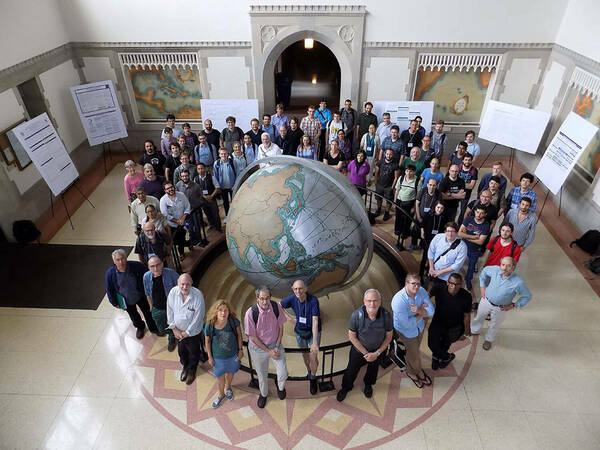
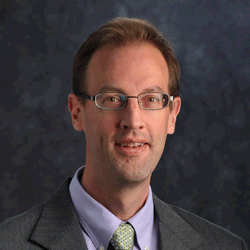 Jeffrey Diller
Jeffrey Diller
Mathematics has never been constrained by global boundaries, and over time has become even more internationally focused. In 2011, the Center for Mathematics at Notre Dame capitalized on this trend by hosting the University’s first international summer thematic program. During June 2017, the seventh consecutive program—which highlighted Kahler geometry—met a milestone with the attendance of its 1,000th participant.
“Through the end of the 19th century, it was conceivable for an individual mathematician to be in touch with all of mathematics. Now, the average number of authors per math paper is going up and you have to depend on other people,” said Jeffrey Diller, chair of the Department of Mathematics.
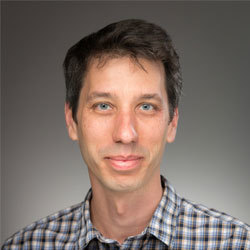 Gabor Szekelyhidi
Gabor Szekelyhidi
The summer programs, funded in part by the National Science Foundation, provide opportunities for topic experts around the world to come together to present their research and connect with their peers. Gabor Szekelyhidi, a professor of mathematics and an organizer of the 2017 conference, said, “The goal is to bring together people working on related problems. They can discuss progress in person and see if their ideas can help one another.”
Another important facet of the program is its international nature, with participants coming from 43 states and 34 countries. “Myself and the other organizers feel that the program represents well the diversity and strength of our subject,” said Anand Pillay, the William J. Hank Family Professor of Mathematics and an organizer for the 2016 conference on model theory.
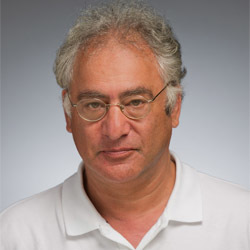 Anand Pillay
Anand Pillay
The structure of the programs provides an avenue for student exploration. The first two weeks of the program consist of an undergraduate summer school and graduate student mini-courses on the chosen topic. “These two weeks are a tremendous opportunity for mathematics students from around the country to explore their interests,” said Claudia Polini, the Rev. John Cardinal O’Hara, C.S.C. Professor of Mathematics and a key organizer for the programs since its inception. Polini is a strong advocate of the programs’ advantages for Notre Dame mathematics students. “It’s a unique opportunity for our undergraduates and gives them a taste of what’s ahead. Additionally, it is very important for our graduate program because it complements our classes and provides an avenue to feed our graduate students in an area of interest.”
While participants may be coming to attend the high-level lectures, Diller said the greatest value comes in the face-to-face interaction. “What happens between the talks is the most important part. The social events and planned interaction create future collaboration opportunities and friendship.”
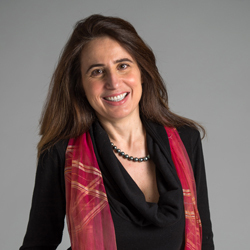 Claudia Polini
Claudia Polini
The 2018 program is being organized by Samuel R. Evens, mathematics professor at Notre Dame, Thomas Nevins, professor of mathematics at the University of Illinois–Urbana-Champaign, and Kevin McGerty, professor of mathematics at the University of Oxford. The topic will be geometric representation theory.
In 2019, the graduate segment of the program will be extended to two weeks in order to further foster discussion, group work, and presentations among young mathematicians.